Performance advantages of HDPE perforated pipe
Good corrosion resistance
HDPE material itself has excellent chemical stability, which makes HDPE perforated pipe highly tolerant to chemical substances such as acid, alkali, and salt. Whether in industrial wastewater treatment environment or in areas with high soil pH, it is not easy to be corroded, and can maintain the structural integrity and permeability of the pipe for a long time.
Compared with metal pipes, HDPE perforated pipes will not rust, corrode and perforate, which greatly extends the service life of the pipe and reduces replacement and maintenance costs.
High flexibility and impact resistance
HDPE perforated pipe has good flexibility, can bend to a certain extent without breaking, and can adapt to changes in different terrains. During the laying process, even if the ground is uneven or slightly subsided, the pipe can deform accordingly and maintain good performance, and it is not easy to break or disconnect.
Its impact resistance is also excellent. When it is impacted by external forces, such as collisions during construction or squeezing of objects on the ground, it can effectively absorb the impact force, protect the internal structure of the pipe from damage, and ensure the normal performance of the function.
High-efficiency permeability
The surface of HDPE perforated pipe is evenly distributed with a large number of small holes. The size and density of these small holes are carefully designed to achieve efficient permeability. In applications such as groundwater collection and soil drainage, water can quickly enter the pipe through the small holes, improving drainage and efficiency.
The permeability of the pipe is not affected by time and environment. It will not cause the small holes to be blocked or the permeability to decrease due to long-term use or changes in water quality, and can always maintain a stable effect.
Strong weather resistance
HDPE material has excellent weather resistance, and HDPE perforated pipe can resist the erosion of natural environmental factors such as ultraviolet rays, wind and rain, and severe cold. Whether in hot desert areas or in cold polar areas, it can maintain stable performance and will not age or become brittle due to long-term exposure to the outdoors.
Under different climatic conditions, such as high temperature, high humidity, strong wind and other environments, HDPE perforated pipes can work normally, providing reliable and drainage guarantees for various projects.
Environmentally friendly and non-toxic
HDPE is a non-toxic and harmless environmentally friendly material. HDPE perforated pipe will not pollute the environment during production, use and disposal. It can be safely used in fields related to drinking water, soil ecology, etc., will not release harmful substances, and is harmless to the human body and the ecological environment.
Moreover, HDPE materials can be recycled and reused. Discarded HDPE perforated pipes can be reprocessed into other plastic products after treatment, which meets the requirements of sustainable development and has good environmental benefits.
Convenient and reliable connection
The connection method of HDPE perforated pipe is simple and convenient. It usually adopts hot melt connection or electric melting connection to achieve a firm connection between pipes. This connection method is not only easy to operate and has high construction efficiency, but also has good sealing of the connection parts and is not prone to leakage.
Reliable connection ensures the stability and integrity of the entire pipeline system. During long-term use, the penetration and drainage functions of the pipeline will not be affected by problems in the connection parts, reducing the risk of system failure.
Application fields of HDPE perforated permeable pipes
Municipal drainage projects
Rainwater collection and discharge: In urban roads, squares, parks and other areas, HDPE perforated permeable pipes can be used to collect and discharge rainwater. By burying the pipes underground, rainwater can penetrate into the pipes through the small holes on the pipes, and then be discharged to the city's rainwater pipe network or other drainage facilities, effectively alleviating the problem of urban waterlogging.
Sewage discharge and treatment: In sewage treatment plants or urban sewage pipe network systems, HDPE perforated permeable pipes can be used as pipes for sewage collection and transportation. Its corrosion resistance and impact resistance can ensure that it will not be corroded and damaged during the transportation of sewage, ensuring the smooth discharge and treatment of sewage.
Landscaping projects
Irrigation system: In parks, gardens, golf courses and other landscaping areas, HDPE perforated permeable pipes can be used for irrigation systems. The pipes are laid near the roots of plants, and water is slowly infiltrated through the small holes to achieve precise irrigation and improve the efficiency of water resource utilization. At the same time, it avoids the problems of water resource waste and soil compaction that may be caused by traditional irrigation methods.
Drainage system: In landscaping, HDPE perforated permeable pipes can also be used to remove excess water and prevent soil waterlogging from causing plant root rot. Especially in low-lying areas or areas with heavy rainfall in the rainy season, it can effectively maintain the air permeability and water permeability of the soil, creating a good soil environment for plant growth.
Environmental protection engineering
Leachate collection in landfills: In landfills, HDPE perforated permeable pipes are used to collect leachate from garbage. The leachate produced by garbage decomposition enters the pipe through the small holes on the pipe, and is then transported to the leachate treatment facility for treatment to prevent the leachate from contaminating the soil and groundwater and protecting the surrounding environment.
Sewage treatment pool drainage: In various treatment pools in sewage treatment plants, HDPE perforated permeable pipes can be used to remove excess water and sludge generated during the treatment process. Its corrosion resistance and permeability can ensure normal operation in complex sewage treatment environments and improve sewage treatment efficiency.
Agricultural field
Farmland drainage: In farmland, HDPE perforated permeable pipes can be used to remove water from the field, improve soil drainage conditions, and prevent crops from being waterlogged. Especially in low-lying areas with high groundwater levels, it can effectively lower the groundwater level, improve soil aeration, and promote the growth of crop roots.
Soil improvement: By laying HDPE perforated permeable pipes in the soil, the moisture and air content of the soil can be adjusted, the soil structure can be improved, the activity of soil microorganisms can be promoted, the soil fertility can be improved, and it is beneficial to the growth and development of crops.
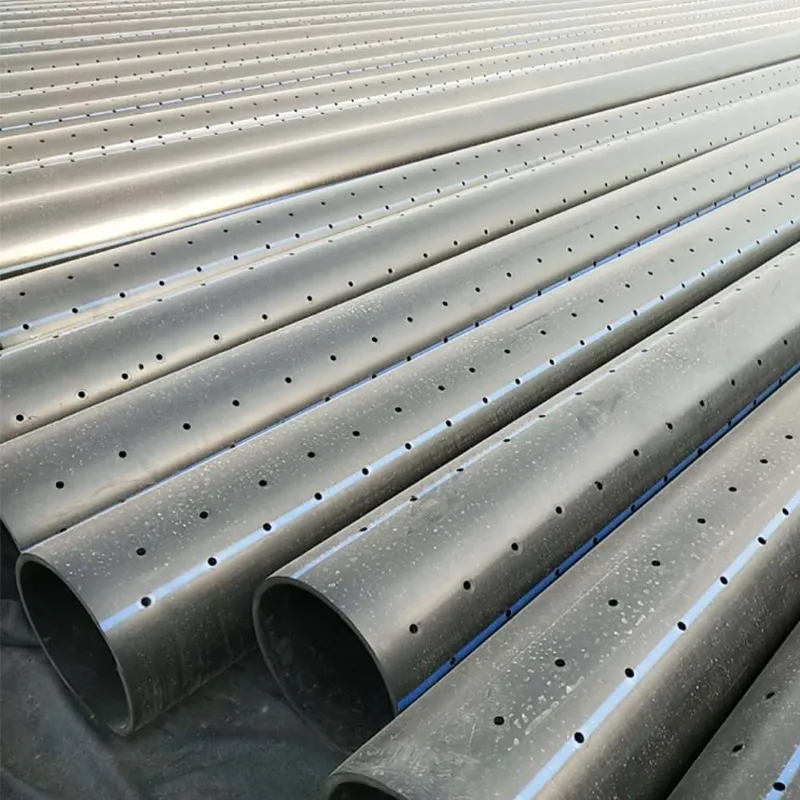
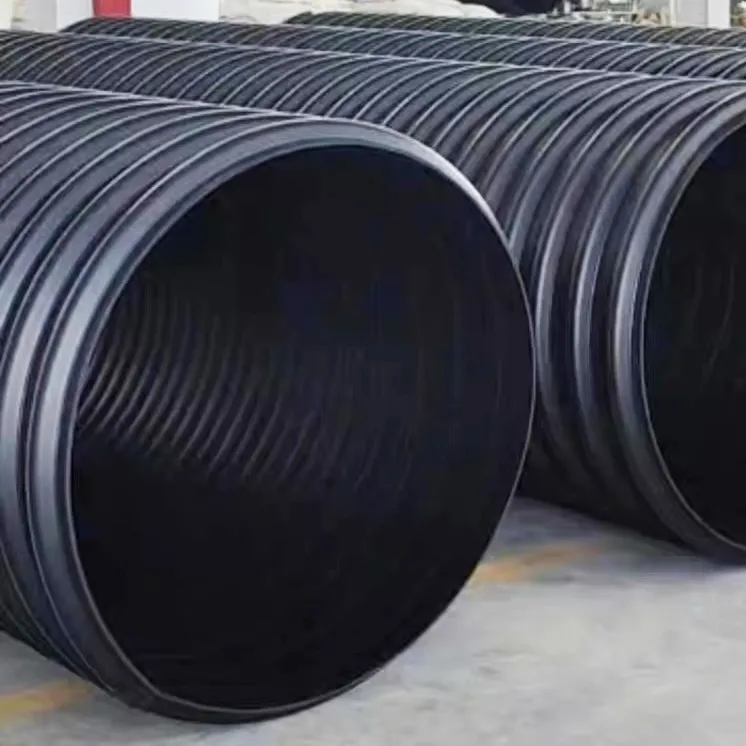
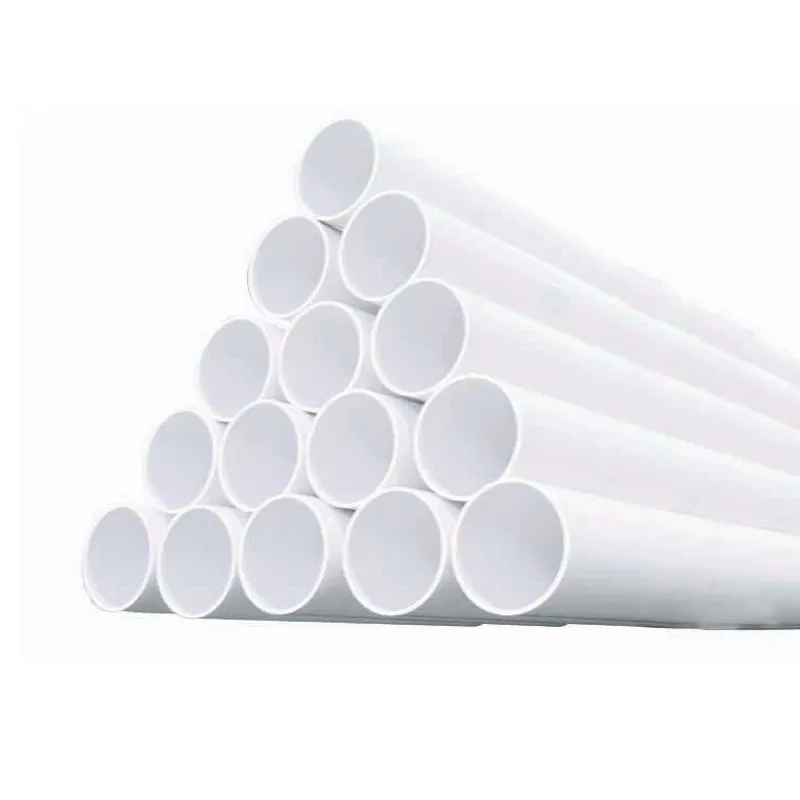
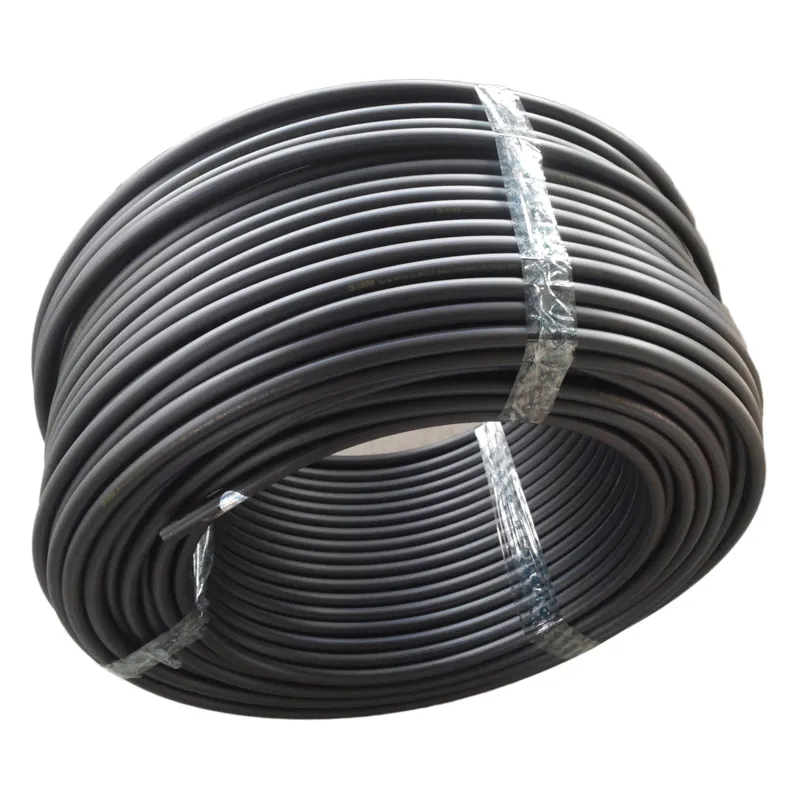
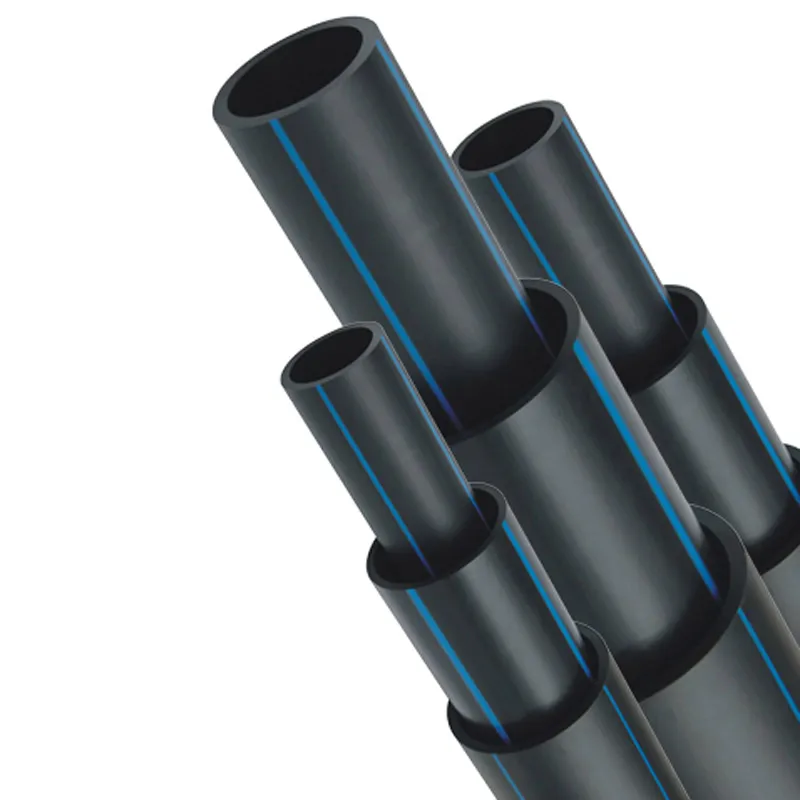
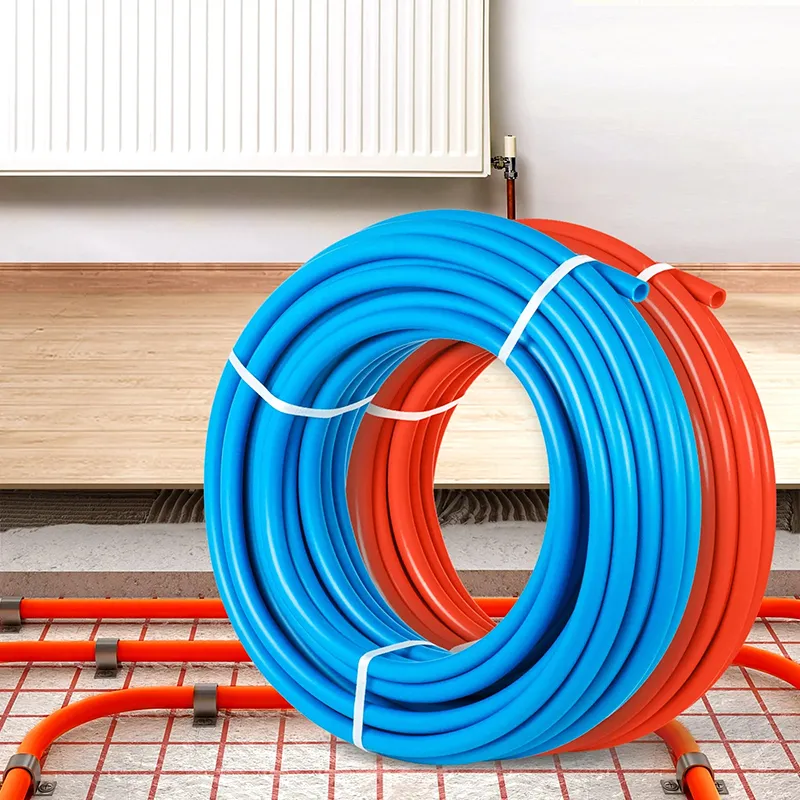
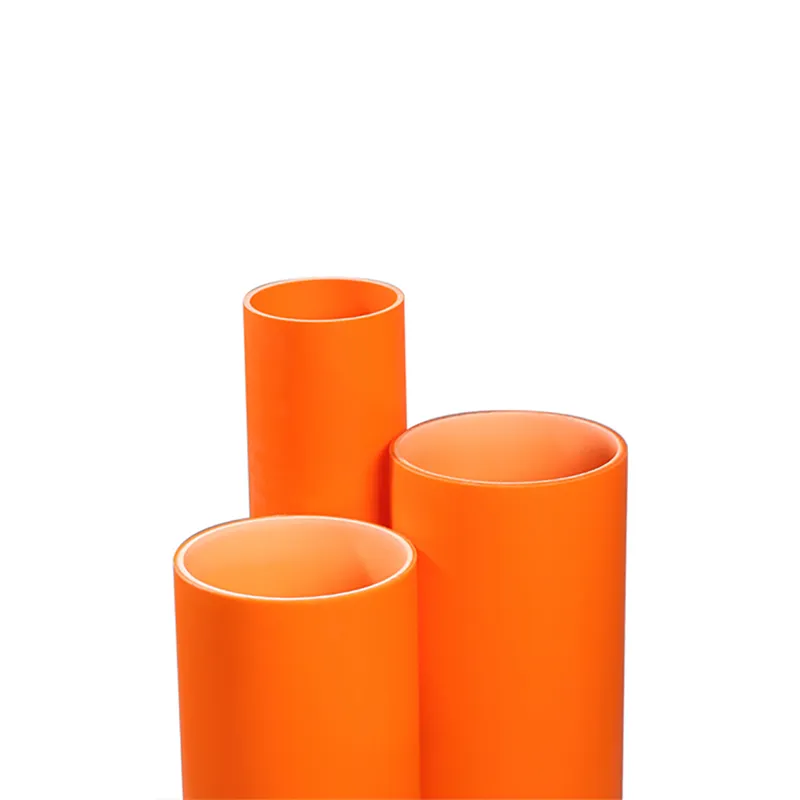
294.webp)
476.webp)
420.webp)
146.webp)
460.webp)
287.webp)
274.webp)
688.webp)


